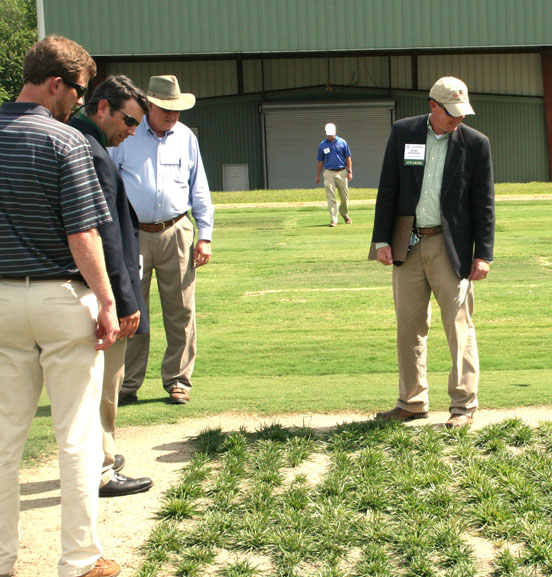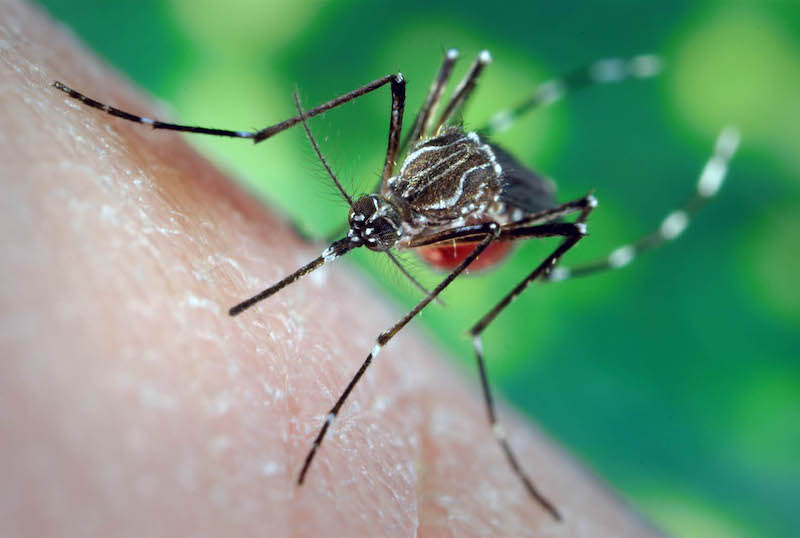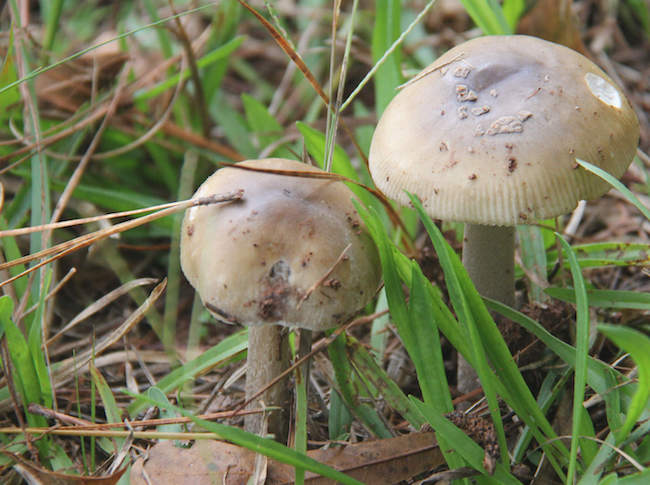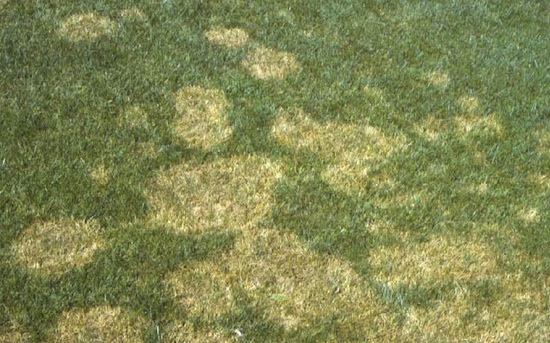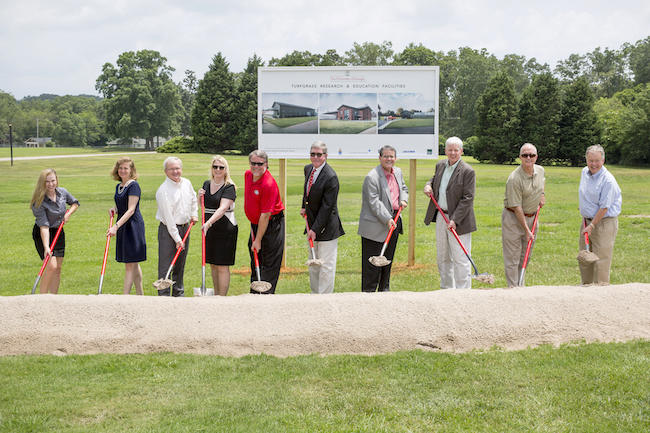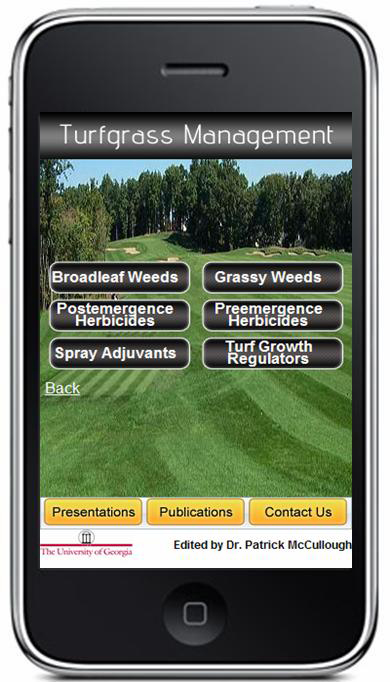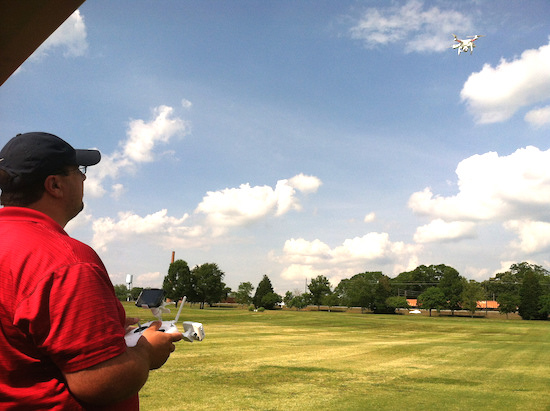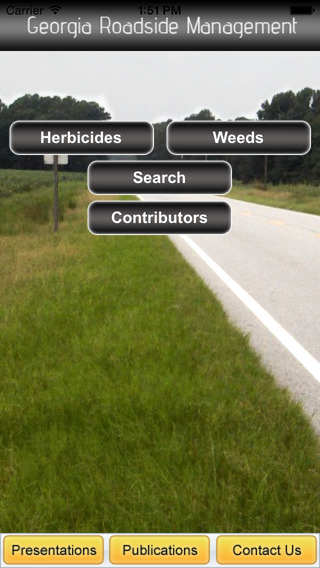Soaker Hoses
During long periods without rain, landscape plants and trees can suffer permanent damage. Supplying water slowly and gradually from below is the best way to help them survive, as this method has much less potential for evaporation than overhead irrigation.

